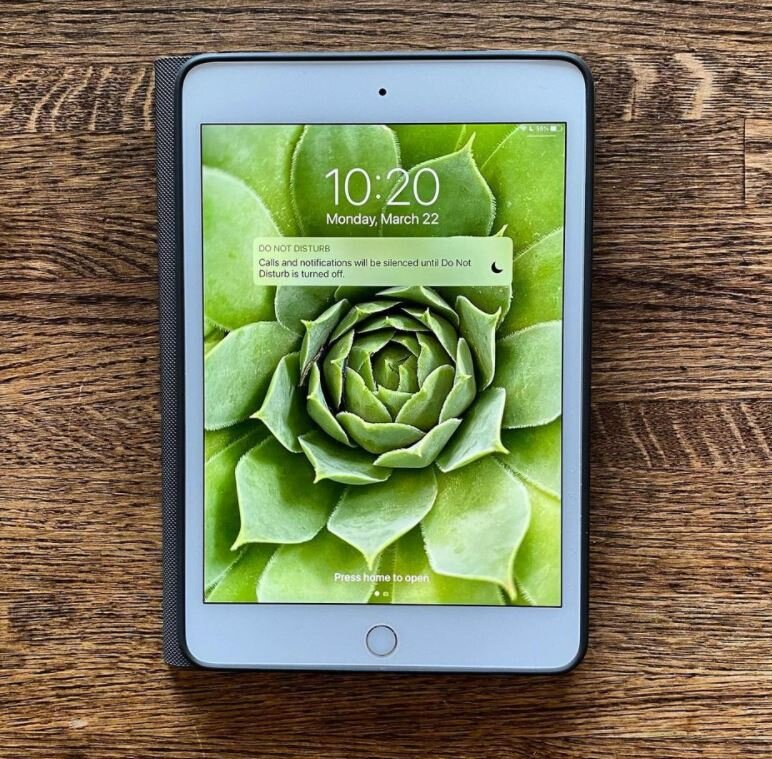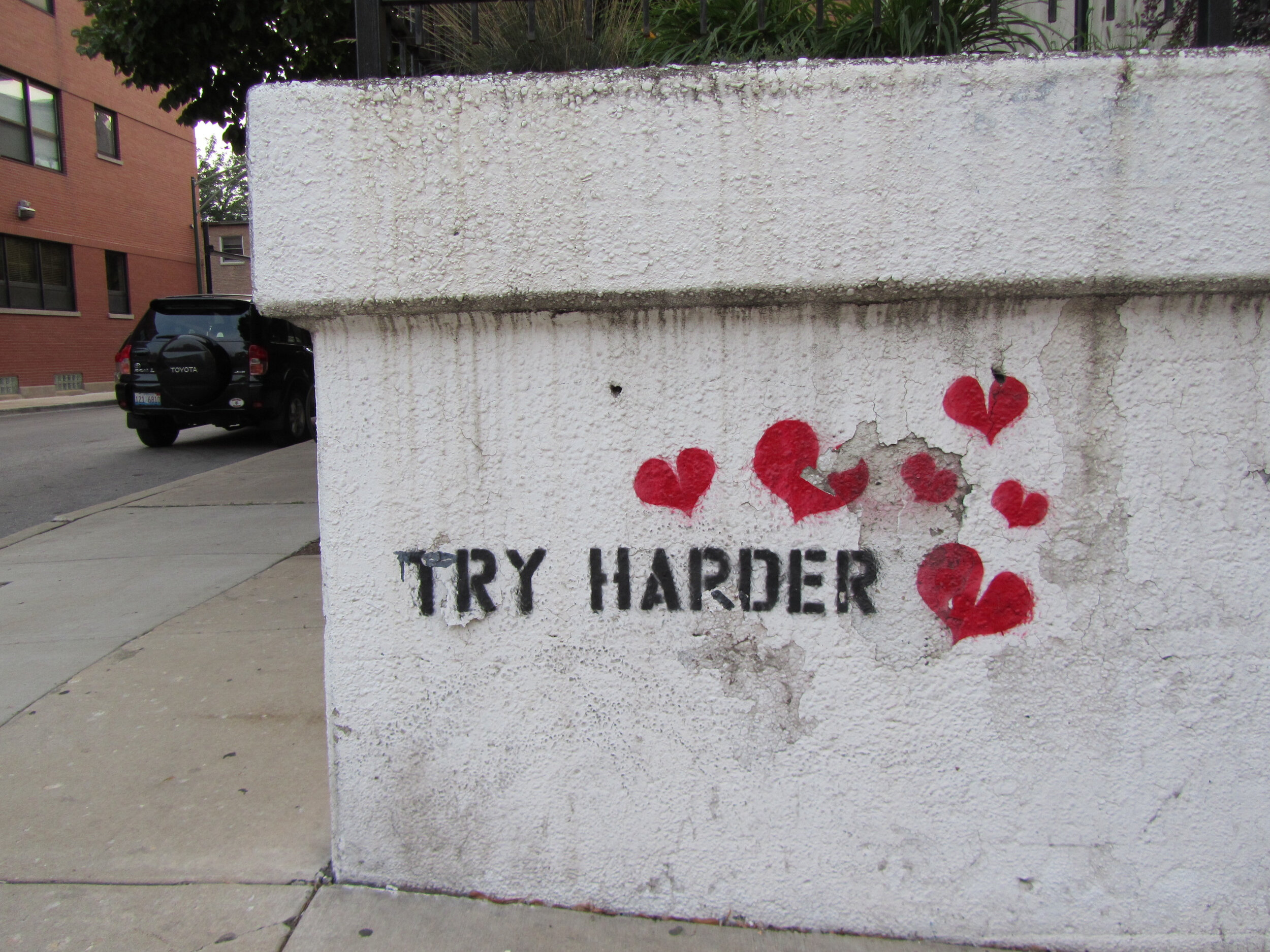I Was Once in a Video Game
Let’s try something random: I was once in a video game.
Dressed in a pleated skirt and an Oxford shirt, I appeared as a “school girl” in various scenes of the first-person shooter game “Target Terror.”
So random, right?
My confused image popped out of strange places - dumpsters, escalators, nuclear waste bins...If you accidentally shot me, you lost points.
I’m a self-described digital minimalist, so it’s very odd to admit that video games have been part of my life since I was a baby.
I grew up in a fairly high-tech household — my dad worked as a computer scientist and game designer.
In the early-mid 90s, my brothers and I had a PC before Windows was even a thing: we learned to run programs through DOS by using commands our dad taught us.
Sometimes we were able to get new popular game consoles (original Nintendo, N64, Sega Genesis...) before they hit stores, and we even had a few arcade and pinball games in the basement.
Now, 25 years later, gaming has evolved into something quite different than the simple games of the 80s and 90s. Now that we all have tiny computers in our pockets, our relationship with technology has become more complicated than ever before.
I know that personal technology can enhance life in many ways, but I can’t disregard its many negative effects.
I don’t play video games. I’ve never had Candy Crush on my phone. I have trouble with group text chains and often “remove myself from the conversation.” I implement Do Not Disturb hours, and place limits on when I use certain apps on my phone. I prefer my record player to Spotify. My dad laughs at all this, and calls me a Luddite!😂
It’s funny how a person who grew up with all the latest gaming tech can turn into a record-playing, real-book-reading digital minimalist.
Your turn: share something random that shaped you as a person!
💚Ali







